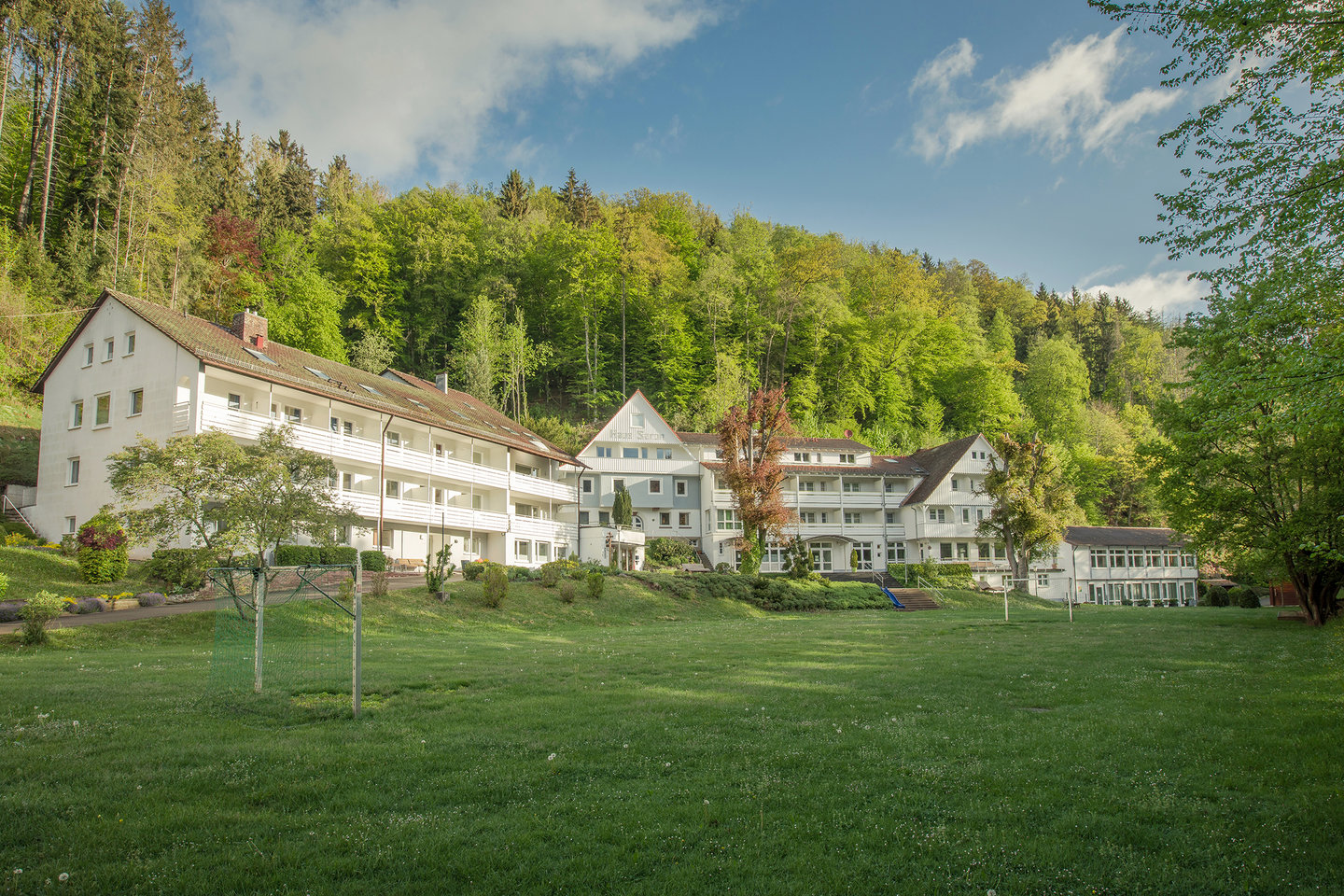- Indico style
- Indico style - inline minutes
- Indico style - numbered
- Indico style - numbered + minutes
- Indico Weeks View
11th KSETA Plenary Workshop 2024
→
Europe/Berlin
Haus Saron in Wildberg
Haus Saron in Wildberg
Saronweg 31
72218 Wildberg
Description

All Fellows and Principal Investigators are cordially invited to participate in the eleventh plenary workshop of the whole school. The aim of the workshop is to learn more about all the research fields in KSETA and to strengthen cooperation and team building.
The program includes talks from external speakers and the new PIs will introduce themselves. The PhD students are invited to contribute with a talk or a poster. On Thursday afternoon the PI session will take place. The final timetable will be published after the registration deadline in order to appropriately consider all fellow presentations.
We will inform you later about the proposed social activities.
Please register until February 4, 2024.
Raquel Lujan Miravet
Participants
Adelina Lintuluoto
Alejandro Quiroga Trivino
Alexander Elsenhans
Alexander Saw
Andreas Haungs
Andreas Kopmann
Andreas Ringwald
Anton Olsson
Augustin Vestner
Benjamin Campillo
Berenika Čermáková
Caroline Fengler
Cedric Verstege
Christian Winter
Emanuel Pfeffer
Fabian Hummer
Federico Bontempo
Felix Egle
Felix Kahlhoefer
Fiona Ellwanger
Frank Simon
Giovani Dalla Valle Garcia
Giulia Zanderighi
Greta Heine
Gudrun Heinrich
Günter Quast
Henda Mansour
Hendrik Krause
Isabel Haide
James Robert Braun
Jan Voß
Jelena Köhler
Jesús David Bonilla Neira
Jonas Eppelt
Jonas Matuszak
Joscha Lauer
Joseph Natal
Jost von den Driesch
Juan Manuel Geria
Kai Lukas Unger
Kathrin Bismark
Katrin Link
Kiran Sharma
Klaus Rabbertz
Lea Reuter
Lea Stockmeier
Leonard Hasselmann
Lucas Kunz
Lukas Gülzow
Magnus Schlösser
Manuel Egner
Marc Neu
Maria Toms
Mark Weyrauch
Markus Klute
Martin Neidig
Matthias Fuchs
Matthias Kleifges
Max Aker
Megha Venugopal
Monika Blanke
Moritz Molch
Neven Kovac
Nicoline Hemme
Nikita Shadskiy
Niyathikrishna Meenamthuruthil
Olena Manzhura
Pablo Goldenzweig
Pascal Reeck
Patrick Ecker
Paul Filip
Pranav Sampathkumar
Prem Agarwal
Raquel Lujan Miravet
Robert Gartmann
Robert Ziegler
Sascha Wüstling
Sauro Carlotti
Sebastian Kempf
Sergei Makarov
Shailaja Mohanty
Shefali -
Simon Strähnz
Sowmiya Balan
Stefan Kiebacher
Stefano Gabici
Svenja Heyns
Thomas Schwetz-Mangold
Tim Huege
Tim Kretz
Tista Mukherjee
Torben Ferber
Ulrich Husemann
Ulrich Nierste
Valentin Hermann
Vladimir Sidorenko
Wenjie Hou
Wouter Klijn
